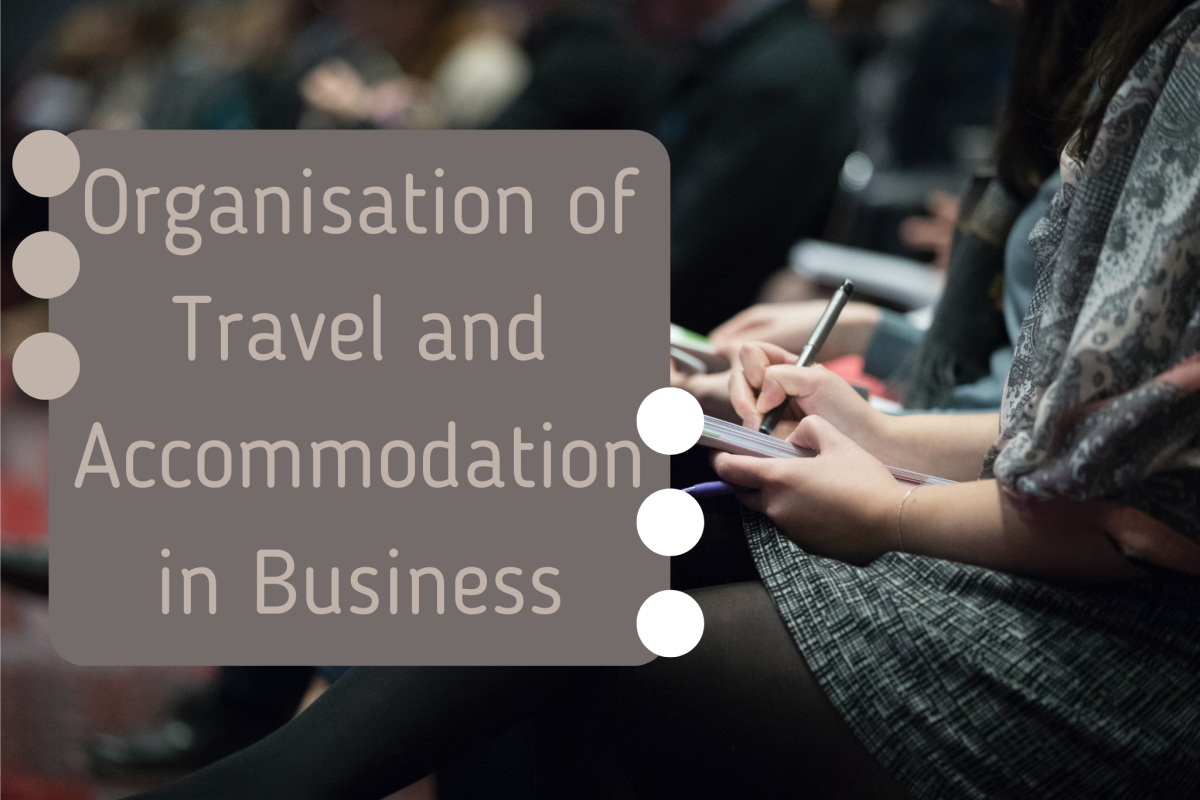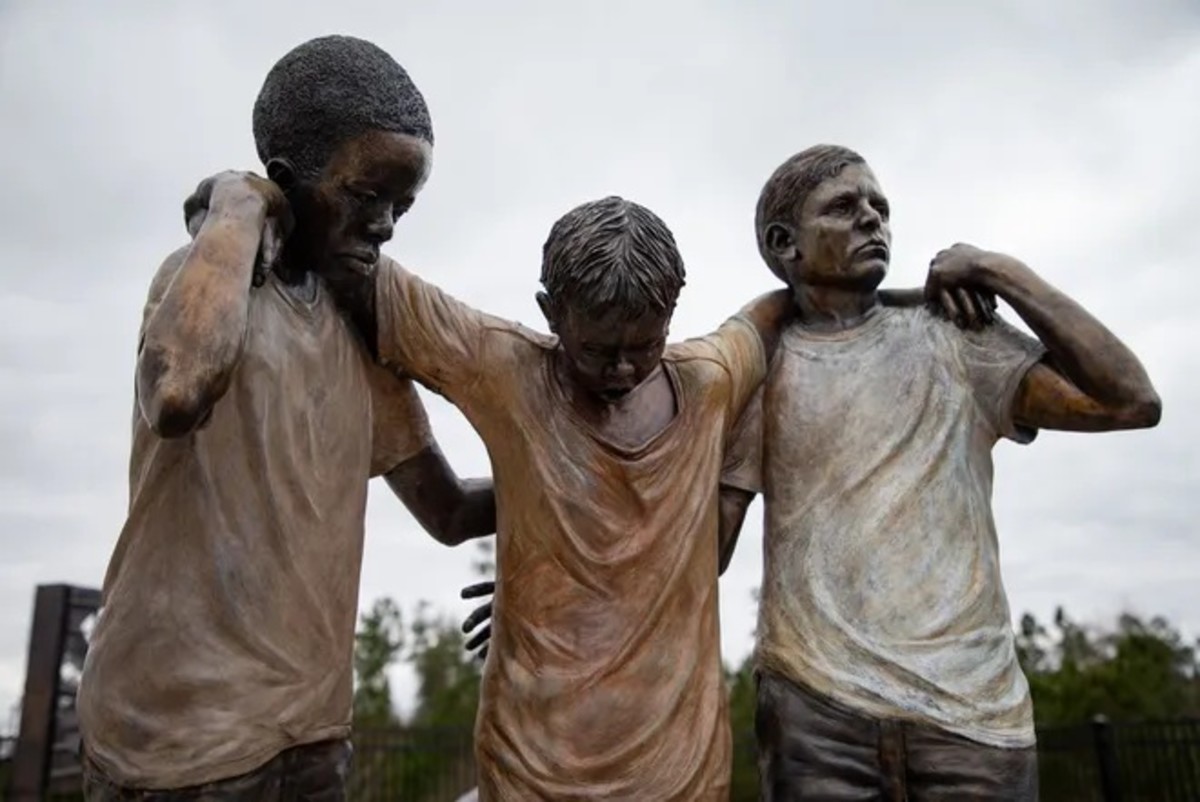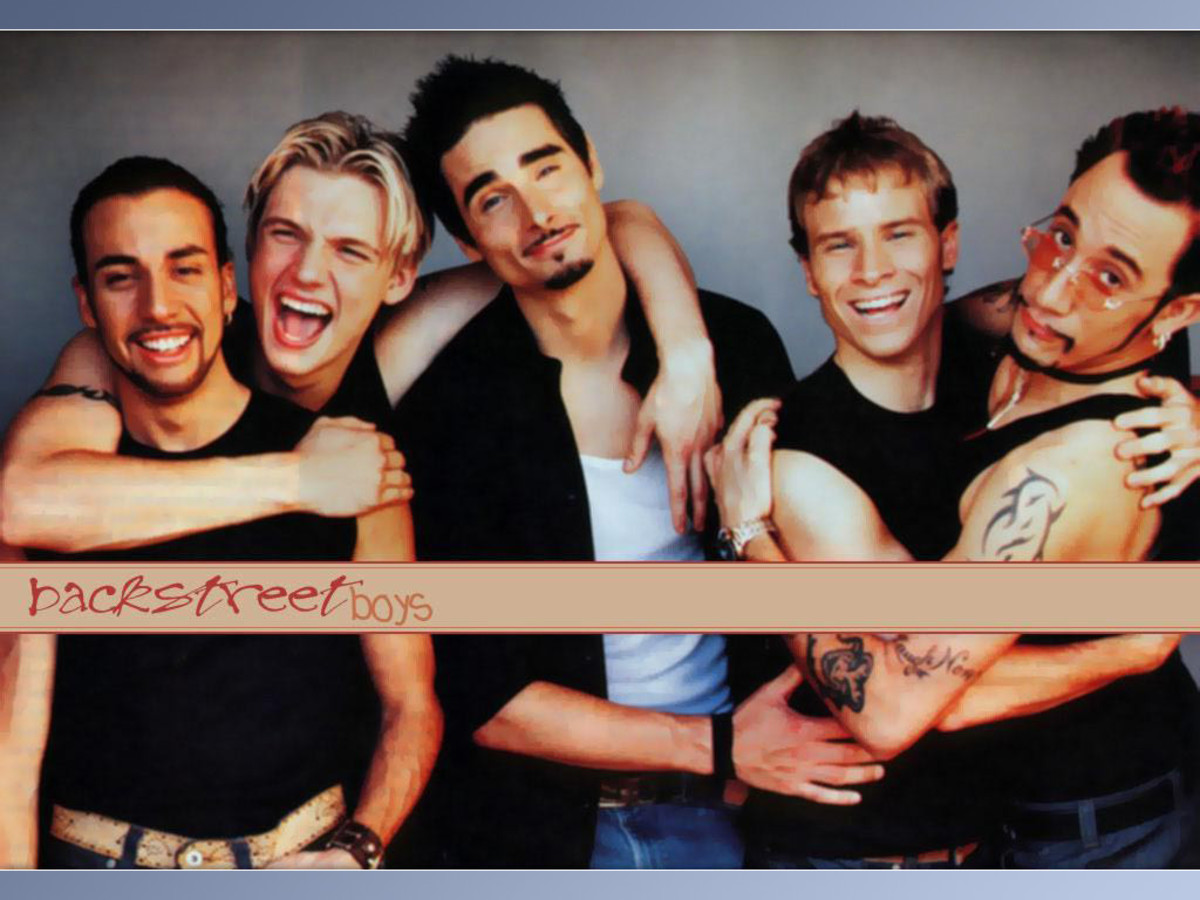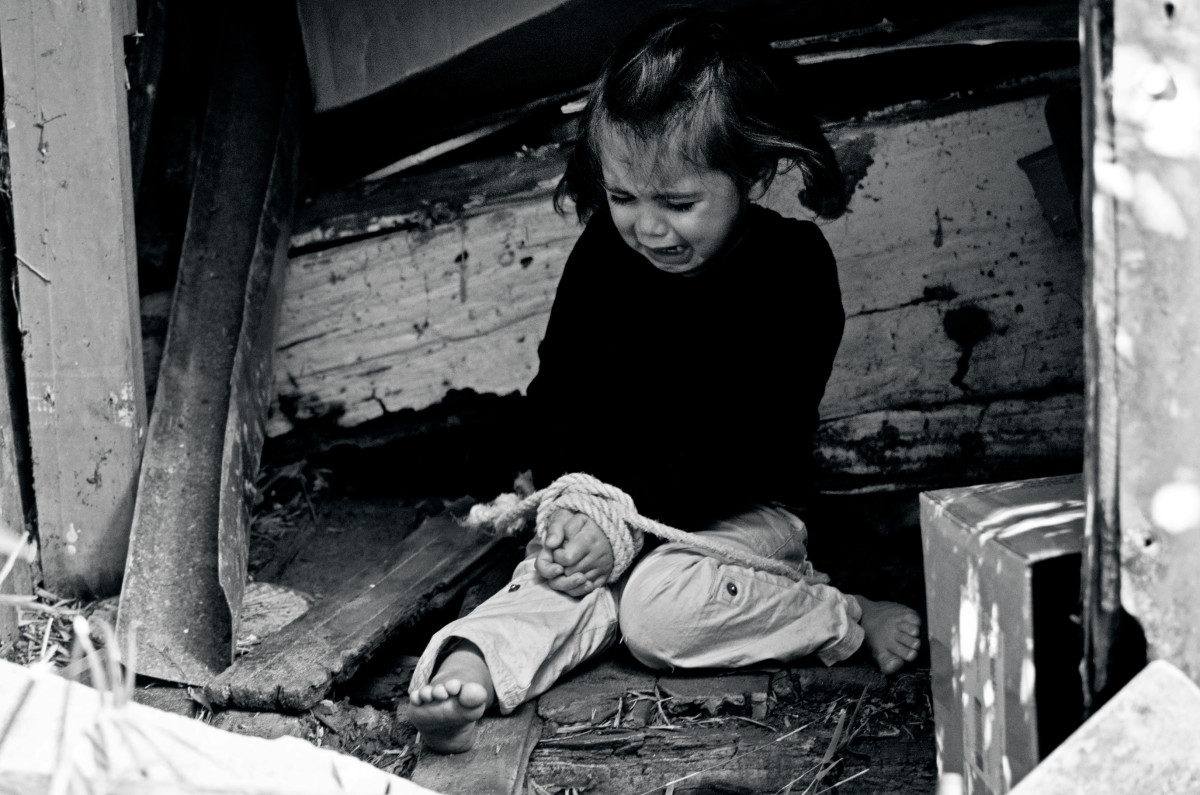We Took In Refugees
Why We Took In Refugees
I was driving home from work at about 9pm, listening to the car radio. The current affairs programme started by discussing a far off country I had never heard of. It seemed that Ethiopia had occupied an Italian colony called Eritrea before or during the Second World War. The Eritreans now wanted their independence from Ethiopia. There was a nasty war going on.
If you were Eritrean it was a war of liberation and if you were Ethiopian it was a war stirred up by outsiders.
The casualties in the war were heavy because the Ethiopians were killing indiscriminately.
Almost a quarter of Eritrea’s population had fled. They were now living as refugees in Sudan and in other nearby countries.
The radio programme was not about the war.
In the last month over 300 Eritrean children had arrived in London.
London’s social services were overwhelmed. Hundreds of children were sleeping on church hall floors across London. There was virtually no one in England who spoke Tygringa, so communication with the children was difficult. Children were still arriving and the problem was getting worse.
At that time it was very difficult to kick out ("refoul") an unaccompanied child asylum seeker. As Eritrea was a war zone we could not send the children there. Sudan did not want them back and the only accommodation in Sudan was in tents in very large refugee camps.
I was an immigration lawyer, which included political asylum work. The last thing I wanted, driving home at 9pm as I often did, was to be involved with refugees at home, too.
These were children in desperate need of family accommodation. We were two couples living together. Across the two couples we had two boys and two girls. And we had two spare bedrooms.
Sometimes the logic of a situation leads one to a conclusion one does not want.
When I got home one of the other adults had gone to bed, so I could not discuss the question immediately. I wanted to sleep on the problem, because the logic was that we should offer to take two children.
We were already cooking for 9 each night because we also had an aunt living with us. Cooking for 11 instead of 9 would not be a big issue. With four adults working we could afford to feed and clothe a couple of extra children. We had the space. They had the need. There was an inexorable conclusion here.
The following night I was home at a reasonable hour. When the children had gone to bed I raised the issue with the other adults. As one of them said,
"How can one say "No"?"
We thought that if we were so desperate that we had to send our young boys to a strange country on another continent we could only pray that some decent people picked them up.
The following evening I was home for dinner. Over dinner I told the children about the radio programme. The reaction of all four children was immediate and unanimous. "They can stay here!"
I have often been proud of the children, but this is one of those events which still brings tears to my eyes.
I suggested we did not have room for 300 children. The eldest child pointed out that we had two spare bedrooms. There was unanimous agreement that I should set about finding two Eritrean children straight away.
The following morning I telephoned the Joint Council for the Welfare of Immigrants (JCWI), a leading immigration organisation. I asked who was dealing with the Eritrean child problem and I was put through to someone. The person explained that the Director of JCWI had retired a few months earlier, and when the problem blew up she had become attached to an Eritrean self help organisation. This organisation was the only organisation actually doing anything.
So I telephoned the lady.
I explained who I was. I gave her the names of two female immigration lawyers she could telephone to check me out. One had known me for ten years and the other for only five years, but she had visited my home.
The following day the lady telephoned. My references were satisfactory. A man called Jamal would arrive that Saturday with two children to see what the people and the accommodation were like. Jamal would take the children away again so the children would be free to decide when they got back to London.
When they arrived the children were 15 and 16 years old. They had been some of the earliest children to arrive and one had some English. They were very happy with our set-up.
A few days later the lady rang. One of the children did not want to be away from the other Eritrean children in London. Another child had desperately wanted to get away from London because he wanted to learn English. He had pleaded his way into this Yorkshire arrangement. The children coming were called Amanuel and Fitzum.
When the boys arrived with Jamal we had a brief conversation. Jamal had reasonable English. There were no dietary issues. The children were not interested in religion.
One of the first things the children did was to ask where they were. We brought out a map of Britain. We showed the children where London was, and where Huddersfield was.
I took them to the local tech where I enrolled them on an intensive English course. And of course our children spoke with them all the time.
As the boys’ English improved we learned more of their history and their families. One boy was an orphan who had lived with an aged grandmother in Eritrea. The Ethiopian air force would machine gun any group of boys playing football. The Ethiopians also raided the schools for children to use as pack mules, and for teenage girls. Sometimes the children had to walk in front of Ethiopian Army convoys so if the Eritreans had planted mines on the road the children would set them off. His father was a lorry driver who had been killed by a land mine. The grandmother had arranged for him to be smuggled to safety in Sudan.
The other lad told us that the journey over the mountains to Sudan took over 20 days. After two days of walking his guide asked if people were hungry. They were all hungry, so the guide collected their money and gold. He said he would go to a village in the next valley to buy food.
He did not come back.
They waited. They could not go forward and they could not go back. They were lost. Eventually a man came through the area where they were stranded. He was a guide who was returning from Sudan. He knew the way. They asked him to take them to Sudan.
They had no money to pay the guide. He would not work for free. After a while he pointed to a pretty 15-year-old girl. If she would give him sex every night he would take the group to Sudan, and if not he would go home. It was up to her. It was not a pleasant decision for her but she agreed.
In a Sudan refugee camp he met a woman who knew his father. Father was contacted in Saudi Arabia and he paid for the boy to go to England. At one time it had been possible to smuggle children into Saudi Arabia but not now.
There were various activities and flashes of humour. We learned a few recipes from the boys.
We discovered that Fitzum was known as "George" by the children on our street, with whom he played soccer. He was a serious good-looking lad who was often asked his name by attractive young ladies at the tech. For their purposes his name was "Mohammed" because he had worked out that "Mohammed" maximised his social opportunities.
We were happy to discover that the children already had social security incomes as asylum seekers but because they were so young they were not expected to work. The system has changed several times since then.
Once their English was adequate the boys joined a motor vehicle mechanic course at the tech.
We took the boys to Manchester for a party to celebrate Eritrean Independence. There were many happy people that night. The happiness was tinged with sadness because everyone had lost kin and friends.
The following weekend some Eritreans from Manchester came to visit, and went away very satisfied with how the boys were living. They were probably the local representatives of the Eritrean Liberation Front, now the new government. Our boys told us that for over a year they had been sending money to ELF in London because every Eritrean abroad supported ELF and was expected to pay money every week. The political instruction to all the Eritreans abroad from ELF was to gain skills and qualifications.
ELF had plenty of unskilled fighters who would have to be resettled and looked after when the war ended. Eritrea would need people with skills. And Eritrea would continue to need foreign income from those who did not return.
There was a sad incident. One of the boys had been on the last bus to the village from Huddersfield. A village lout on the bus threw an empty drink can at our boy, which bounced off his head. Our boy got off the bus. He told no-one.
Within 30 minutes I was in his bedroom wanting to know the details. He was surprised. The lout’s girlfriend’s mother was a visitor to our house, and the girl had given the lout a loud and public tongue lashing on the bus until the lout was literally in tears. Then she told mum and mum rang me.
We took the boys on a camping holiday with us. One of our children was asked who Amanuel was and she said "He’s my brother" Her mother got some very strange looks!
After a while the boys drifted off.
The boys came back for our wedding. One of the surprises for them was to see their first ceilidh, because we had a ceilidh at our wedding reception. They had never seen the English like this before!
I had a telephone call from the Immigration Service one night. They had raided a pizza restaurant and one of the delivery drivers had no documentation. He claimed to be Amanuel and he had given my home telephone number. I checked my notebook and I confirmed Amanuel’s date of birth, Home Office Reference Number, and the date when his current leave would expire. They said they would take my word for it. The Home Office computer was down, but in view of what I said they would not detain him further.
Fitzum moved to Manchester for a course and then to London to read for a degree in Electrical Engineering. We believe he went to Italy. Amanuel went to London.
We heard nothing further from them.
There are lots of loose ends. Was it pure coincidence that a new guide turned up in that lonely valley? Who paid the air fares initially? Why did 300 children suddenly come to London in one month? There is a huge story behind all this that I will never know. I am confident that what the boys told me about themselves was true because they had no need not to be truthful.
It has been a privilege to know and to help two young men who will be a credit to their society wherever they are.
Also By Charles James
- Eritrean Spaghetti Recipe -Serves 6
Long ago we had some teenage refugees from Eritrea living with us. This is one of their recipes. We had never imagined combining chilli, rosemary and garlic. It is a wonderful combination. Chilli (2 small vicious chillis is enough unless you...









